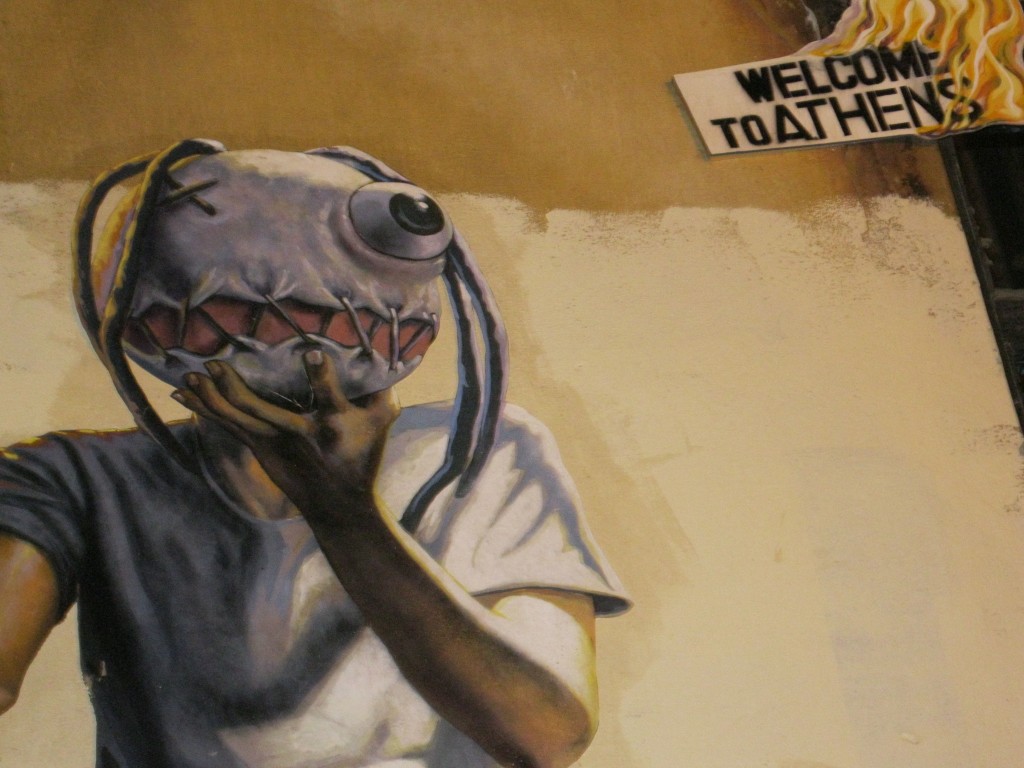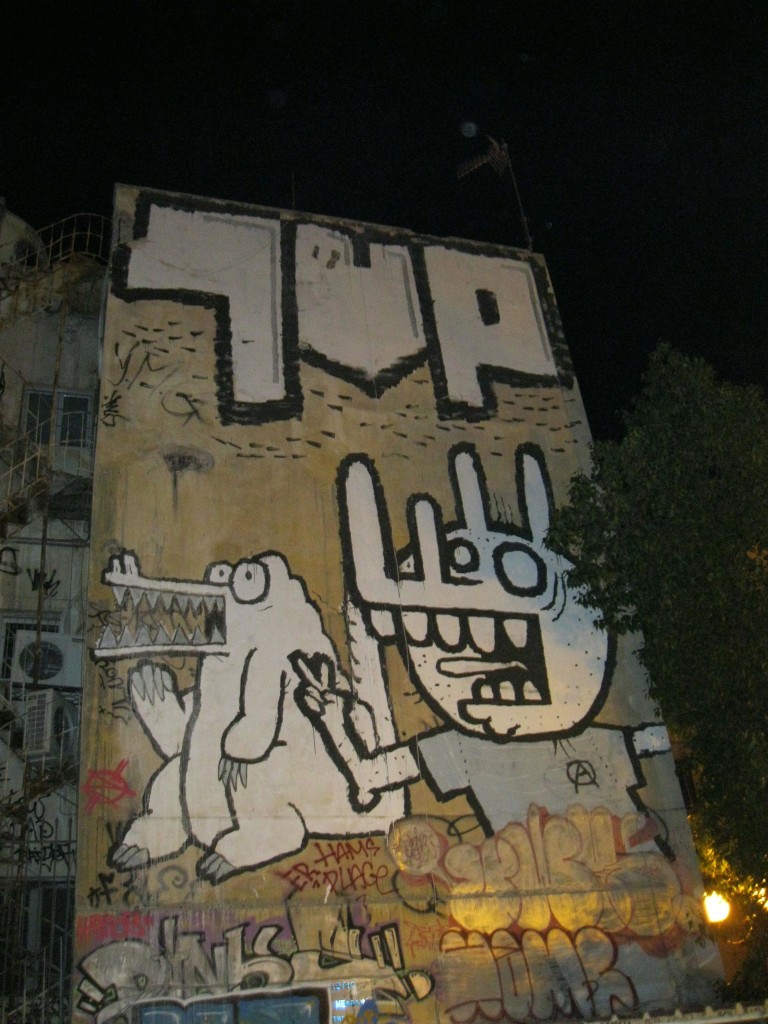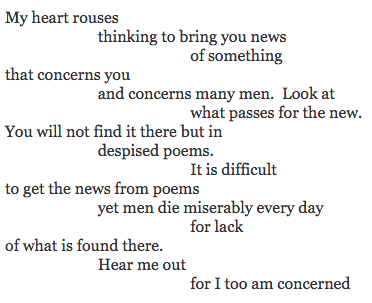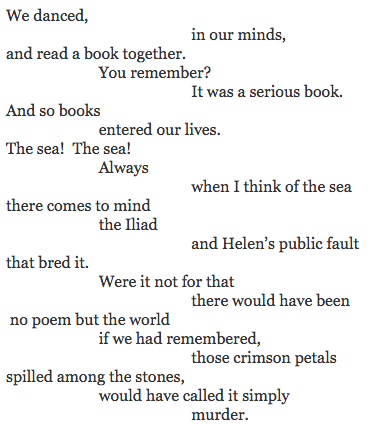Gnomon
From the Greek word meaning one who knows,
it’s what we call the center of the sundial
whose understanding comes to us in shadows
that are its voice, and ours, the saint of all
who speak and can’t quite say what they are meaning.
How do they know, you ask, they who stand
inside their bodies, by their words, by things
that must be larger than the shape they’re in.
Bruce Bond

On Sunday, September 20 (2015), there’s going to be another election in Greece. We just had an election this year, in January, one that had felt hopeful and brought in Alexis Tspiras’s SYRIZA party. There had been euphoria for the anti-austerity changes it promised. Less than 6 months later, SYRIZA called for a referendum. There had been little headway with the Euro group, who essentially wanted previous (austerity) agreements to continue despite the fact that Greece’s economy had shrunk to a level of no-growth & unemployment had risen again. Youth in the 20-30 age range were the hardest hit; unemployment was at a staggering 51.8% in May 2015. But the Euro group wanted Greece to be an example, too. Even if things were not working out, as Tsipras said in a meeting after he buckled to the Euro group terms, after 61% of the country had voted “No” or “OXI” to the measures (or perhaps because of this), Europe, and particularly Mr. Wolfgang Schäuble, the German finance minister, refused to cut any of the unsustainable debt. Famous economists the world over were speaking of how much better it would be for Greece to leave – but then what – large ideas have a tendency to have very concrete body counts when they fail.
*
To be in the midst of “things/that must be larger than the shape they’re in…” is what it often feels like to let the body succumb to a terror and also, a gift; the unknown moment of a certain nakedness, experienced as the wager of crafting a piece of writing, or any art that will transcend the moment in hopes of becoming more than itself, as William Carlos Williams famously expressed it in “Asphodel, That Greeny Flower” —
*
I had hoped not to write incessantly about Greece, to speak so constantly and obsessively about the facts of its and others’ failures, but the moments one finds oneself in aren’t always moments of choice. Perhaps Greece, too, didn’t believe it would find itself in such a dire situation. Its leadership certainly was negligent (to be very generous about it), and in Tsipras’s case, dangerously naïve. But the history of humanity is more about its failures, the grand gesture that meets with the flawed reality of fact, than it is about the successes of those ideals. It seems as if every so-called ideal or success has been built, since antiquity, on the backs of those who sacrificed. If not the outright slaves, then those who, willing or not, were sacrificed. The tragic heroes are those with enough compassion and sense of the collective good to take it on themselves to admit to the mistake. There is Oedipus, who swears he will do all it takes to rid his city of the plague only to discover he is the source of the scourge and then, heroically and nobly, puts out his own eyes… Gnomon, “the one who [now] knows” … There are others, too, Antigone, and Hamlet. While mistakes have been made in the building of the Eurozone, no one is sharing the responsibility. It seems easiest (apparently) to scapegoat Greece, to sacrifice it perhaps.

Meanwhile, Syria has exploded and refuges have poured into the country since August. A crippled economy is doing what it can, and Germany is taking in the largest percentage. It (perhaps) is also finding itself in the midst of “things/that must be larger than the shape they’re in…” Maybe they want to show the world they’re not always stingy and vindictive.
*
But back to Greece. John Psaropoulos has a pre-election piece in Al Jazeera. He calls it “An Election without Aspirations.” It’s poignant to hear the resignation in the words of a woman who forgives Tsipras’s “negotiating stumble with Europe’s debt-collectors, saying ‘it was clear that he wasn’t ready, but there were interests in Greece and abroad that wanted him to fail.’” Kostas Lapavitsas, who is part of the Popular Unity party, says,”Greece has become already a marginal and insignificant country in the monetary union and the EU. Why? Because it’s going nowhere economically. It’s a beggar, fundamentally, and it has terms dictated to it. We want to reverse that.”
*
In Greek tragedy the reversals and catharsis have come when those in power have their fallibilities revealed, belatedly, sometimes forcefully made to see them. It is already very late and no one has taken the responsibility for seeing… none of the governments, including SYRIZA, have taken the mistakes seriously enough to pay the collective costs. But this includes the Eurozone members too. As Williams has told us:

*
“Try not to make things personal,” someone said at work, at the beginning of the year’s faculty meeting; it was said with humor, and in light of the political climate. A 23% VAT tax was put on private education. Removed from meat, which went back to being taxed at 13%, and now put on education. It was another absurd mistake. It was going to hurt language schools as well. People could barely afford to pay tuition let alone tuition with an added value tax. Another large chip in the country’s dismantling. Another example of blindness or plain idiocy in the country’s leadership… I want to close my eyes and just smell the tang of the fall sea, let “the center of the sundial” come to me “ in shadows”… it forces its own recognitions. Anna Akhmatova in 1919 in her poem “Why Is This Age Worse…?” (trans. Stanley Kunitz) tells us “In a stupor of grief and dread/have we not fingered the foulest wounds/and left them unhealed by our hands?//”
- Guest Post, Adrianne Kalfopoulou: σῶμα; of Bodies and Borders, reflections on fragility - April 2, 2020
- Guest Post: Adrianne Kalfopoulou, The Unhoused - July 13, 2017
- Guest Post, Adrianne Kalfopoulou: When Refuge becomes Refugee - May 21, 2016

I love the artwork, I got to stay more updated on SR so I can attend more of these while I am still attending ASU.
The current state of affairs in Greece is definitely something that should be discussed more than it is. Being in the US, the reporting of foreign affairs is often, if not always, so filtered to show only certain things that I feel we are a generally uninformed country.
I love how artwork can be so timely and relevant to the news that’s going on today. I think it’s good that art can raise some very good questions on the political situation in Greece and what can be done to address it.
Sometimes in the midst of the immediate crises which make up a college experience, its hard for me to step outside of myself and consider the global situation. Kalfopoulou writes eloquently and poignantly of the overwhelming feelings of hurt and defeat in the face of something you feel you have little power to change.
I really enjoyed this post. I like the way infamous Greek tragedies like Oedipus and the Illiad are juxtaposed with the current Greek climate. Just as all great literature does, these epics remind us that human problems are universal despite whether they’re taking place in ancient days or modern times. I’d love to see more literature paired up with news stories. It makes for a great read.